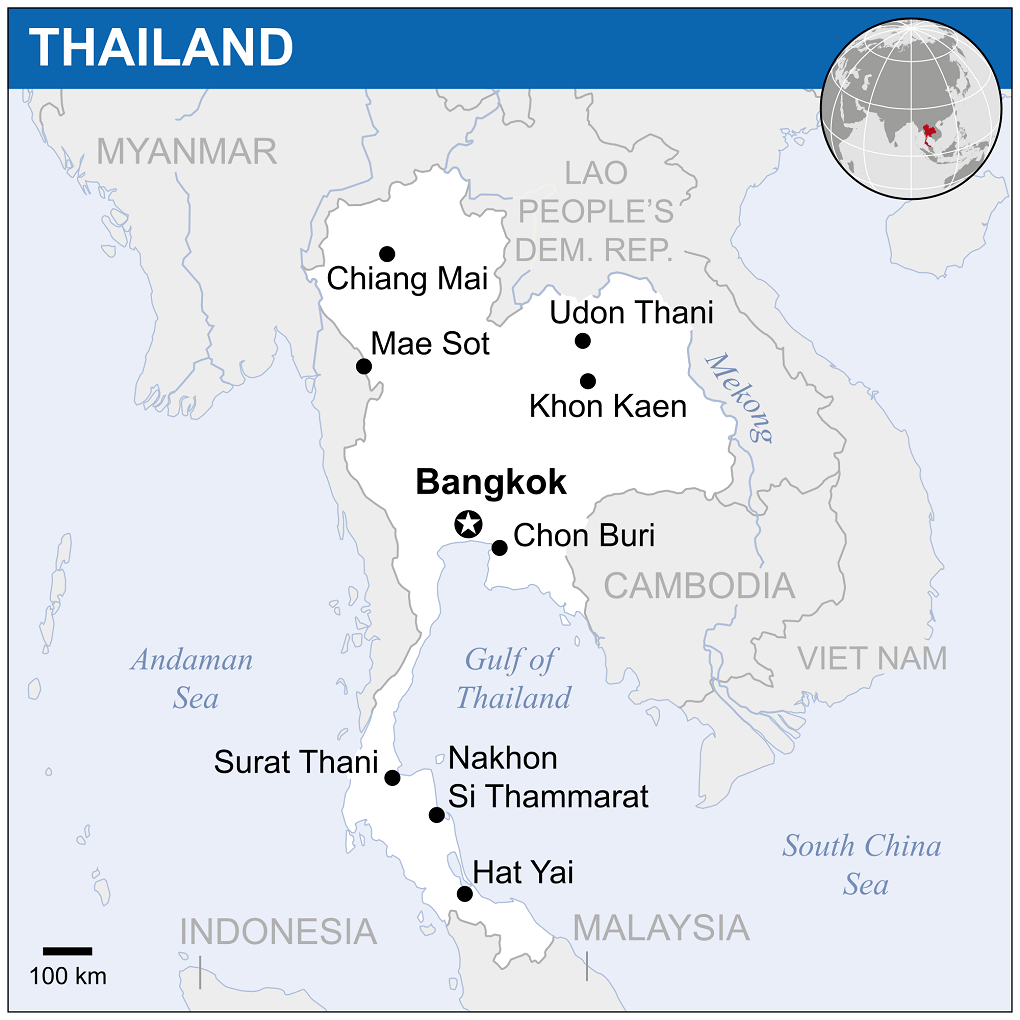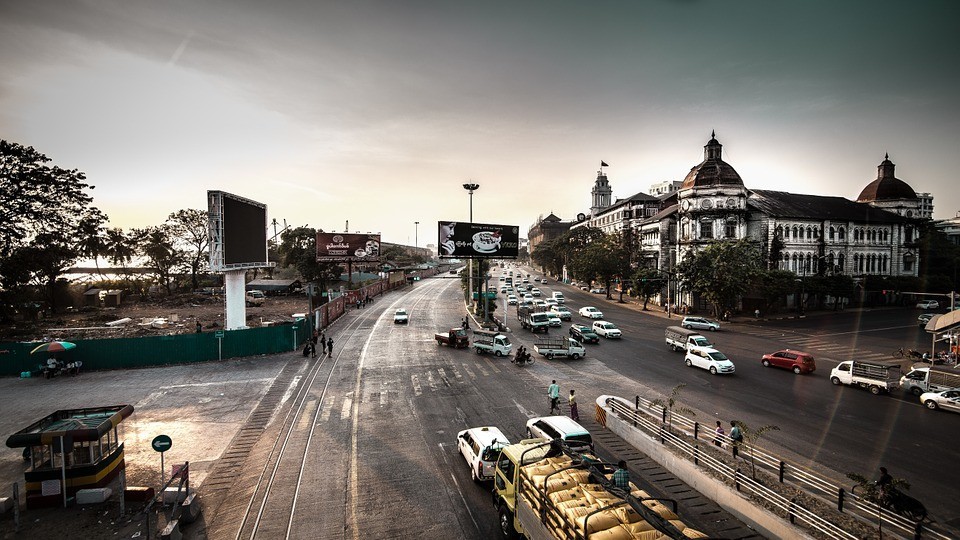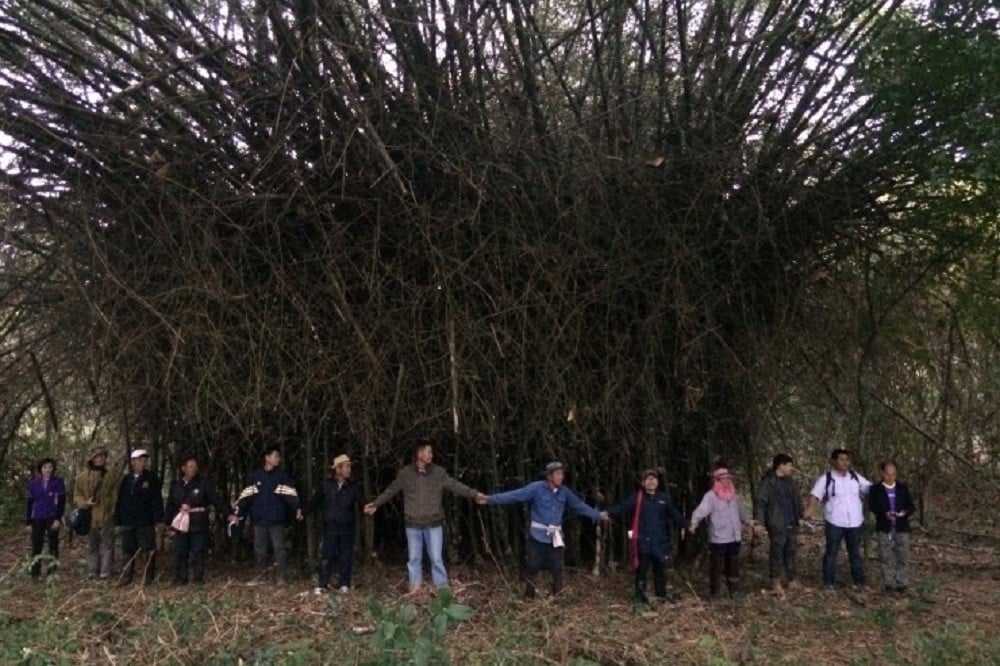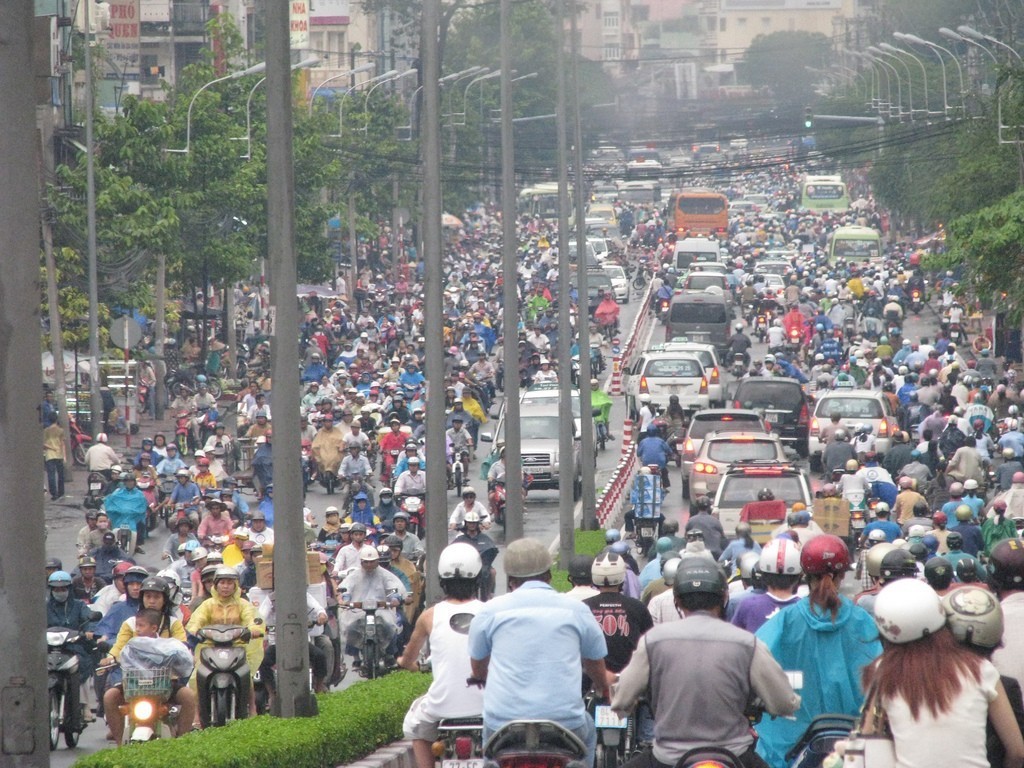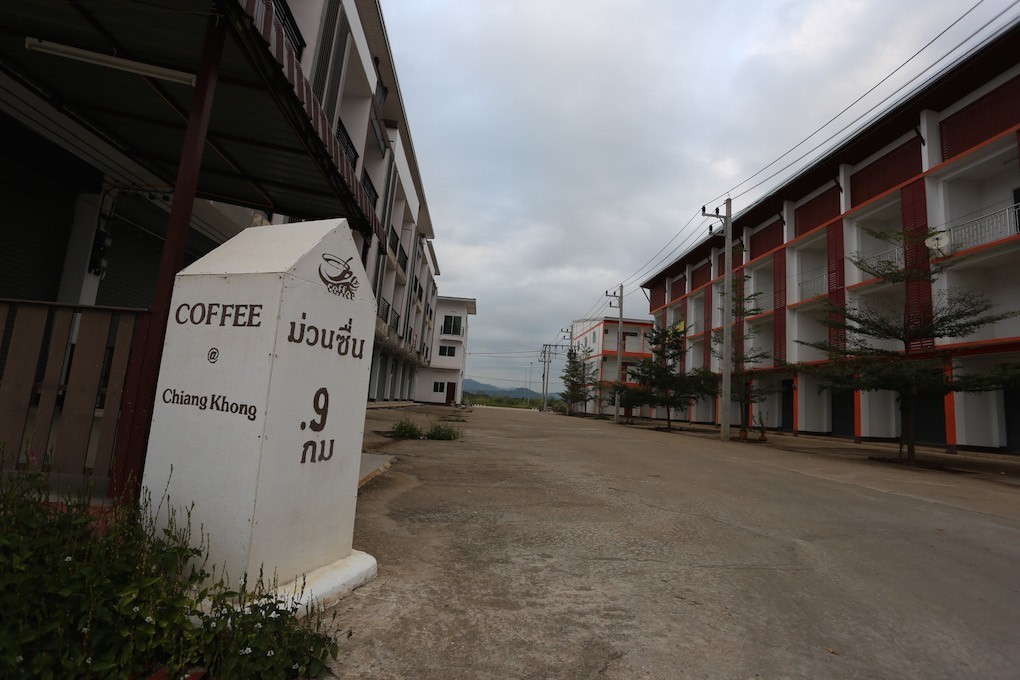Thai junta leader has used his absolute power to scrap regulations on the construction of power plants and factories in a bid to secure energy needs and woo investors.
Tag: industry
Risks loom for Myanmar’s Kyaukphyu Economic Zone
The end of 2015 saw a series of major announcements and decisions regarding Myanmar’s latest special economic zone (SEZ) in Kyaukphyu township of Rakhine State. In late December, Myanmar’s government approved the demarcation of land for the SEZ and awarded tenders to develop the SEZ to a CITIC Group-led consortium.
With AIIB, Nation Diversifies Funding Options
Though it’s extremely early days, experts this week welcomed Cambodia’s membership to the nascent China-led Asian Infrastructure Investment Bank (AIIB), saying it would provide much-needed diversity of funding for the nation’s infrastructure and connectivity needs.
Launched in Beijing last weekend, the multilateral development bank aims to support infrastructure growth in the Asia-Pacific region through the provision of loans, and supports China’s ambitious “One Belt, One Road” initiative to boost trade and connectivity across the Eurasian landmass.
Is SEZ on Boon Reung forest; destroying Chiang Khong and Mae Kong River?
There is high possibility that the Special Economic Zone will take away more than 1,190 acres of Boon Rueng forest from the community. There is also equally possibility that the Mekong River ecosystem will be destroyed if Boon Rueng forest transform into Special Economic Zone according to Thailand’s Prime Minister Gen. Prayuth Chan-ocha’s vision. The abundant Boon Rueng forest in this wetlands is currently being nominated for SEZ consideration by Joint Public Private Committee, Office of the Permanent Secretary of Interior. If approve, half of the forest will be replaced with factories. According to the survey, there are more than 60 species of plants and 211 species of animal, especially endangered species such as Fishing Cat in Boon Rueng forest. Obviously, Boon Rueng forest is not ‘degraded forest’ as it was claimed.
Locals from Kyauk Phyu SEZ criticize the Chinese Investors
On 30th December, the government of Myanmar announced that the CITIC Consortium, which comprises of 6 Chinese companies, wins the bid to develop Kyauk Phyu SEZ. Mr. Win Shein, the MP from Kyauk Phyu said, the last minute agreement before the current government hand over the power to the new NLD-led government, could involve fraud and corruption between the government and Chinese investors. The bid for the SEZ takes 24 months, 16 companies have compete for the bid, but the government approve CITIC in rush. CITIC Consortium states it will invest about 9 bn US$ for the Kyauk Phyu SEZ project, which covers 4200 acre of lands.
Japan raises stake in Dawei project
The Thai Cabinet today approved the proposed increase in Japan’s stake in the Dawei development project to 33.33 per cent. Under the Finance Ministry’s proposal, the stakes of Thailand and Myanmar will fall from 50:50 to 33.33 per cent. The investment remains capped at Bt100 million per each country.
Sansern Kaewkamnerd, the spokesperson of the Prime Minister’s Officer, said that the change followed Deputy Prime Minister Somkid Jatusripitak’s visit to Japan.
Transport Minister Arkhom Termpittayapaisith said that the three parties would meet on December 14 with the high-level working group and Dawei Development Co Ltd’s representatives.
Mekong Region: Asia’s New Growth Center and Strategic Frontier
The Mekong countries of Cambodia, Laos, Myanmar, Thailand, and Vietnam are emerging to be not only the new growth center but also a new strategic frontier in Asia.
With a population of around 240 million and a combined GDP of $664 billion, the Mekong region has geopolitical significance and economic weight. It is located at the junction of the enormous emerging markets of Asia and their combined population of about 3.3 billion.
Myanmar’s landmark election and the likelihood of a peaceful and smooth power transition have drawn more international attention and interest to the Mekong region as a whole. Myanmar is expected to be a key regional actor and now possibly a catalyst of regional peace, democracy, and development.
Ghost town ‘forgotten’ in Chiang Khong border trade
The freshly painted welcome signs at Chiang Khong market are conspicuous, greeting visitors as they cross the border from Laos. Few arrive however, and behind the signs they see only shuttered shops and scattered clothing sellers.
The “new town”, as some business operators called it after the opening of the fourth Thai-Lao Friendship Bridge across the Mekong River in 2013, is now known as a ghost town by locals.
Once a bustling trade development area, the market located just a kilometre from the bridge, has been a flop and doesn’t seem to be able to attract tourists.
But there is a chance the market could be resurrected, after Prime Minister Prayut Chan-o-cha’s government announced Chiang Rai would be the location for the second phase of the Special Economic Zones, set to be launched this year.
Heated Mae Sot SEZ 97 households are convicted
Lands have been expropriated and Mae Sot villagers, who worry about having industrial estates in the area instead. They protested against the issuing of ‘land deeds’ for originally reserved forest. If the state succeeds then local communities could be arrested as invaders, said a conservation group of Mae sot residents. The expropriated areas include 803 rai of national reserved forest, 2,182 rai of permanent forest area, and 13 rai of public space. The Industrial Estate Authority of Thailand was assigned to manage 803 rai and the Treasury Department manages 1,287 rai.
IEAT aims to establish industrial estates in SEZs –Bangkok Biz (Thai language)
The governor of the Industrial Estate Authority of Thailand Mr. Verapong Chaiperm mentioned that currently, Industrial Estate Authority of Thailand (IEAT) is accelerating the study design on the establishment of industrial estates in the special economic zones in Sa kaeo and Mae Sot, Tak provinces in according to the policies of Mr. Somkid Jatusripitak, Deputy prime minister who has been delegated during the recent Policy Committee on Special Economic Zone Development. They are expecting to finish the study within the six months period before the implementation of the next investment phrase. This is a part of the pilot project that will also engage private sectors to invest in this respective area. For investment of enterprises which are required to comply with IEAT’s rules and regulations involved many steps for example, the study on EIA and is subjected to PM’s consideration if any special laws can be applied to shorten the process in order to speed up the investment and to meet the required timeframe.


